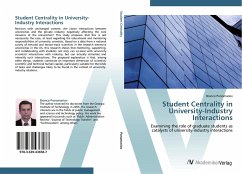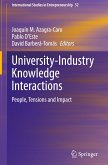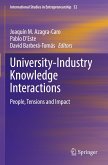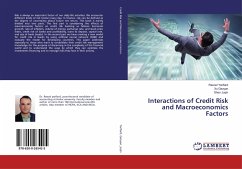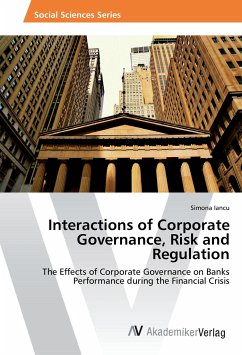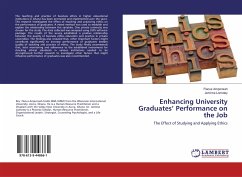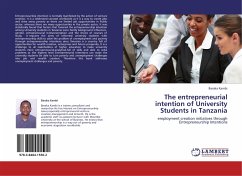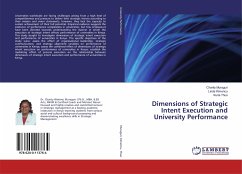Revision with unchanged content. Are closer interactions between universities and the private industry negatively affecting the core missions of the universities? This study proposes that this is not necessarily the case, at least regarding the educational and mentoring responsibilities of university scientists. Based on a data from a national survey of tenured and tenure-track scientists in the research extensive universities in the US, this research shows that mentoring, supporting, and collaborating with students not only can co-exist with university scientists' interactions with industry, but can actually stimulate and intensify such interactions. The proposed explanation is that, among other things, students constitute an important dimension of scientists' scientific and technical human capital, particularly suitable for the kinds of tasks and challenges likely to be found in the context of university-industry relations.

